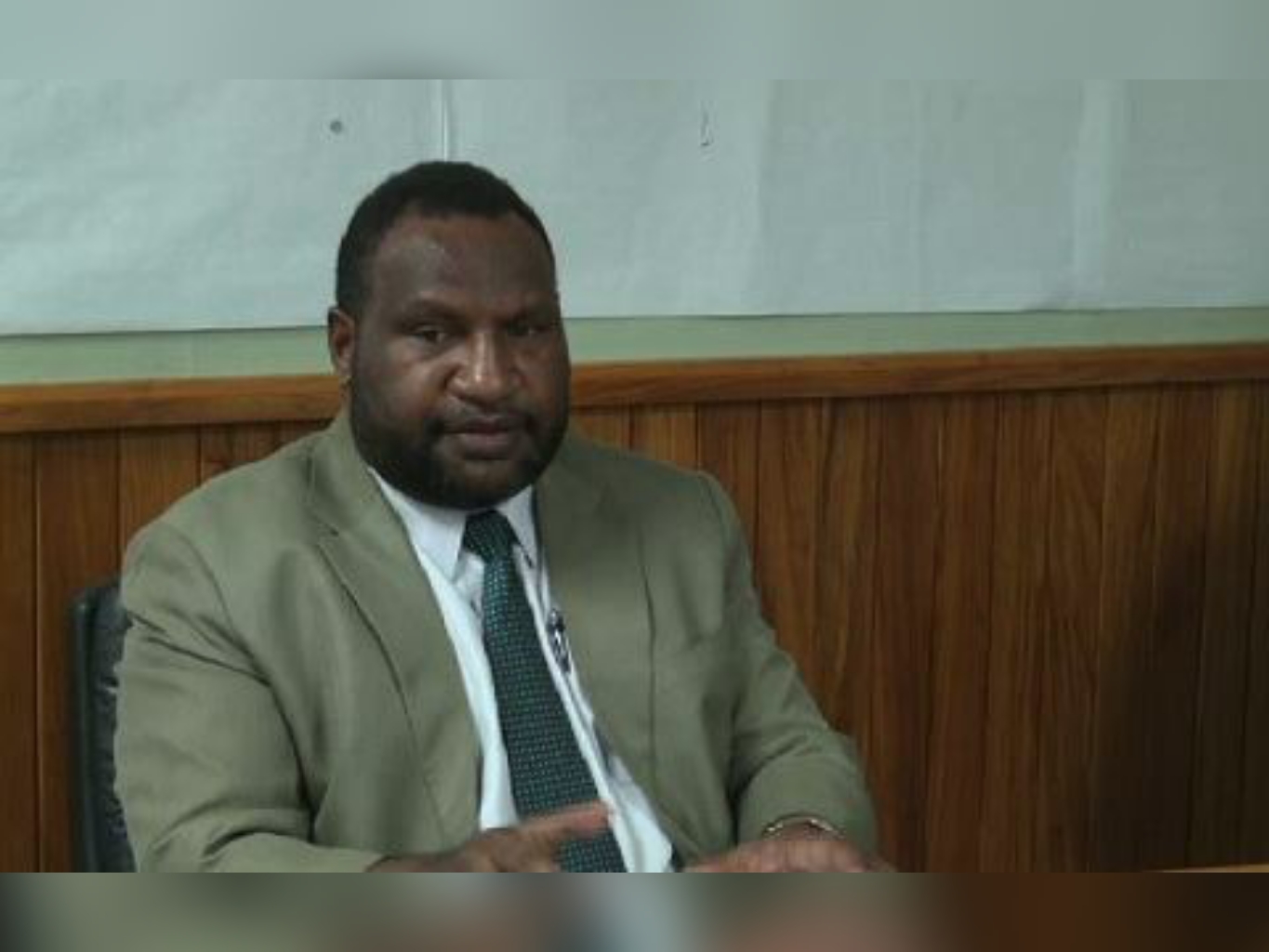By Scott Waide – EMTV News, Lae
Until the day he resigned, James Marape was one of the top man in the Prime Minister’s inner circle. As Finance Minister, he was a major player in the formulation of six national budgets and oversaw various finance related policies by the O’Neill-Abel Government.
While on the surface things appeared smooth, there was a turbulent undercurrent and it was only until April 11 that Marape revealed publicly what many other MPs had previously expressed – that the faceless political hangers-on were affecting and influencing political decisions in the country. Marape said he had lost trust of the Prime Minister and part of it was because associates of the Government contributed to that distrust.
With a vote of no confidence looming, political prophets are interpreting James Marape’s resignation and coming up with different results. Behind the scenes, insiders say the numbers on the fringes of the coalition appear fluid while the core remains largely intact. James Marape says he is remaining with the PNC.
His disagreements with the PM stem from various, what he called, work-related matter including local participation in the oil and gas projects.
On the day of Marape’s resignation, rumours were rife that the Defence Minister, Solan Mirisim, had resigned. The next day he told media representatives in Port Moresby that he had no intention of resigning.
Marape’s resignation comes days after the signing of the Papua LNG project – a deal that again fanned dissatisfaction following the announcement that landowners would get just 2 percent of the 13 billion dollar project.
Like most political situations involving numbers on the floor, it’s best to read between the lines, study the undercurrent, and listen to what politicians aren’t saying.
The Prime Minister, Peter O’Neill, said he accepted Marape’s resignation but work still had to go on. The PNC will be shoring up its numbers with the PM and Party leader talking to his members.


